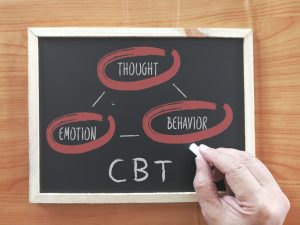
Courses


NASW Code of Ethics T034B

Ethics and Telemental Health E244B

Ethics and Telemental Health for California Mental Health Providers CA06

Crisis Care and Service Systems Part 3: Crisis Care for Various Populations E273

Obsessive Compulsive Disorder: Elements, History, Treatment, and Research T114

Clinical Management of Depressive Symptoms in the Context of Substance Use E271

DSM-5-TR: A Comprehensive Overview E126C

Sexuality in Context and Sexually Transmitted Infections E266

Dropping the Baby and Other Scary Thoughts, 2nd Edition T058B

Cognitive Behavioral Therapy for Eating Disorders E265

Fertility and Sexual Health Interviews E264

Human Sexuality: Across the Lifespan E262

Crisis Care and Service Systems Part 2: Crisis Services Implementation and Infrastructure E270

ASWB
New Techniques of Grief Therapy: Bereavement and Beyond T2099B

New Techniques of Grief Therapy: Bereavement and Beyond T9099B

Crisis Care and Service Systems Part 1: SAMHSA’s National Guidelines for Behavioral Health Crisis Care: Best Practice Toolkit E268

Tennessee Psychologist Code and Rules E106C

Substance Use Disorder Treatment: Family and Organizational Cultures E272

Human Trafficking E263

Substance Use Disorder Treatment: Working with Families E267

